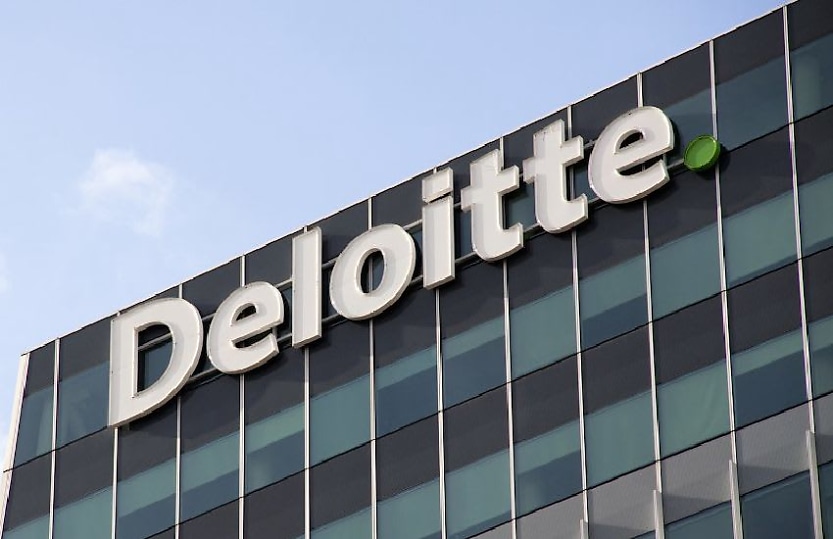AI to shake-up one-quarter of economy: Deloitte

A generation of students who have grown up with the tech will soon reshape workplaces with financial and professional services in the front line.
Generative AI will “rapidly and significantly” disrupt nearly $600 billion – more than a quarter – of all economic activity in Australia according to a survey by Deloitte, with financial and professional services in the front line.
It said the AI genie was out of the bottle with 3,000 tools already available and the number of users expected to double in the next five years.
The revolution was being led by everyday users “experimenting at the coalface” as well as students and recent graduates who were growing up with AI already integrated into their lives.
Over a longer timeframe but also facing major changes were health, administration and support services, government services, real estate and retail trade.
Impacted to a lesser extent would be transport, manufacturing, mining and arts and recreation while some sectors, especially agriculture and construction, would be affected last and least.
The report, Generation AI: Ready or Not, Here We Come! combined economic research with a survey of 2,550 employees and students across 18 industries. Jointly developed by Deloitte Access Economics and the Deloitte AI Institute, it aimed to offer insights to executives on the technology and how to deal with it.
Deloitte Australia CEO Adam Powick said it was time to admit that AI was here to stay.
“Leaders like me need to accept that this technology is real and recognise that our role is to harness and guide the responsible application of generative AI, rather than turning a blind eye or resisting change by banning its use,” he said.
“We need to rapidly educate ourselves on the potential and implications of generative AI in our settings and actively encourage adoption, innovation and the sharing of ideas and concepts across our organisations.”
The survey found Australia lagged other nations on AI adoption, coming second-last out of 14 leading economies according to one international study it cited.
So far, just 9.5 per cent of large Australian businesses had officially embraced the technology and this plummeted to 1.4 per cent among all businesses.
With more than 3,000 Gen AI tools available, though, the number of daily users was expected to double in five years and the amount of business investment was forecast to be seven times the current level by 2030.
However, in negative findings three-quarters of employees were worried that Gen AI would lead to leaks of personal information or produce factual errors, and executives believed there would be security and integration issues.
“Many employees do not believe their business is ready for the upcoming wave of disruption: two in five employees believed their business was not ready for Gen AI,” the report said. “This demonstrates the need for businesses to take concerted and strategic action to give their own employees the confidence to navigate the incoming changes successfully and thrive.”
Deloitte AI Institute lead Dr Kellie Nuttall said: “Individuals naturally embrace tech faster than business – but Gen AI has seen this happen faster than ever before, broadening the gap between a business and its workforce.
“Yes, this leads to a disruptive threat; but it leads to an even bigger opportunity. Let’s not forget businesses are made up of lots of individuals, each with the power to disrupt.”
The survey was conducted by Ipsos between during May and received 2,550 responses from 2,000 employees and 550 university students.
About the author







